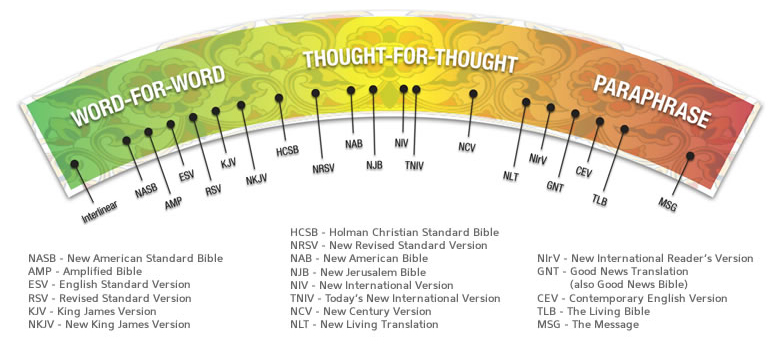The wise of this world, ( crafty, disputers) have their wisdom as foolishness.
1 Corinthians 1:20 Where is the wise? where is the scribe? where is the disputer of this world? hath not God made
foolish the
wisdom of this world?
1 Corinthians 3:19 For the
wisdom of this world is
foolishness with God. For it is written, He taketh the wise in their own craftiness.
We see the calling, it is not men who are wise after the flesh, no mighty, no noble, but the fools confound the wise, the weak confounds the mighty, and the despised are chosen by God, to bring to NOTHING, those who think they are something. ( there is no one left who can glory in the presence of God)
1 Corinthians 1:26 For ye see your calling, brethren, how that not many wise men after the flesh, not many mighty, not many noble, are called:
27 But God hath chosen the foolish things of the world to confound the wise; and God hath chosen the weak things of the world to confound the things which are mighty;
28 And base things of the world, and things which are despised, hath God chosen, yea, and things which are not, to bring to nought things that are:
29 That no flesh should glory in his presence.
When anyone assumes that using the resources of this world, original Greek, and summing up how translators best did their goals, it is the wisdom of this world.
That is why, such are earthly, of the earth, and such are heavenly, that are of heaven.
God raises up ( those who are nothing on earth) to sit in heavenly places in Christ Jesus, where our conversation is from ( it is not of this earth, and no goal is acceptable from any earthly translators.)
Their avoidance of the preaching of the cross( foolishness to the world) proves immediately, that their wisdom is not from above, but that it is earthy, devilish, in confusion and every evil work, otherwise the wisdom from above is pure ( not goals but it is the Lord from heaven) it is the peace of Christ, it is gentle, and above all, IT IS EASY TO BE INTREATED, already understood because God shed His love into our heart by His mercy and grace, which translates automatically into any language and culture, because it is without unfairness, and it is without lies. ( without needing people who are deceivers)
1 Corinthians 15:48 As is the earthy, such are they also that are earthy:
and as is the
heavenly, such are they also that are
heavenly.
Ephesians 2:6 And hath raised us up together,
and made us sit together in
heavenly places in Christ Jesus:
Philippians 3:20 For our
conversation is in
heaven; from whence also we look for the Saviour, the Lord Jesus Christ:
James 3:14 But if ye have bitter envying and strife in your hearts, glory not, and lie not against the truth.
15 This wisdom descendeth not from above, but is earthly, sensual, devilish.
16 For where envying and strife is, there is confusion and every evil work.
17 But the wisdom that is from above is first pure, then peaceable, gentle, and easy to be intreated, full of mercy and good fruits, without partiality, and without hypocrisy.





